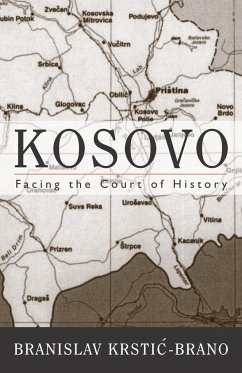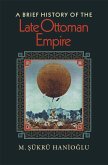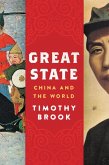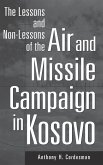Based on some thirty years of experience in regional organization, cultural heritage, and city planning within the territories of the former Yugoslavia, Prof. Branislav Krsti?-Brano clearly explains the history and the complex causes and consequences of the ethnic and territorial conflict that swirled around Kosovo in the late nineties. Taking a multidisciplinary approach, the author examines demographic changes, development of settlements, land ownership, cultural monuments, changes in state constitutions, international law, and the big powers' strategy of dealing with the Kosovo crisis. The crux of the problem, as Krsti?-Brano shows, is the fact that two peoples have legitimate rights to the same territory: the Serbs have a historical right and the Albanians an ethnic right. Without favoring either side, the author lays out the facts regarding the unique Serbian cultural heritage in the Kosovo region as well as the amazing growth of the local Albanian population in the last four decades. The author concludes on a cautiously optimistic note, arguing that the international community has a new opportunity to create reconciliation between the Serbs and Albanians based on the facts of population size, land ownership, and origin of cultural monuments. This important work by a recognized expert in regional culture, planning, and politics should be read by everyone interested in seeing a peaceful future for this long-troubled region.
Hinweis: Dieser Artikel kann nur an eine deutsche Lieferadresse ausgeliefert werden.
Hinweis: Dieser Artikel kann nur an eine deutsche Lieferadresse ausgeliefert werden.








